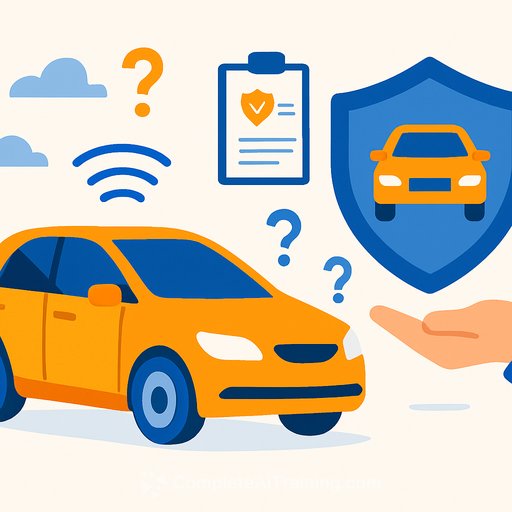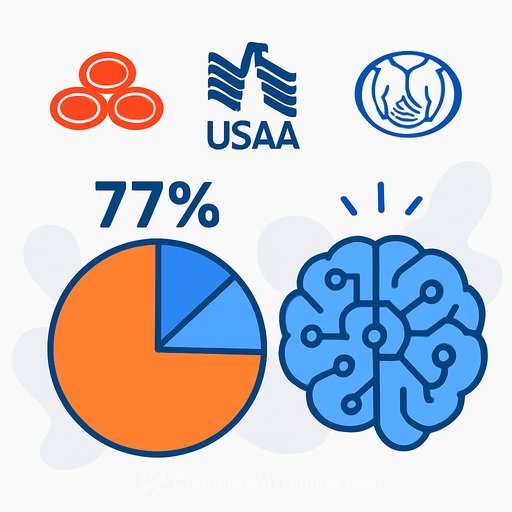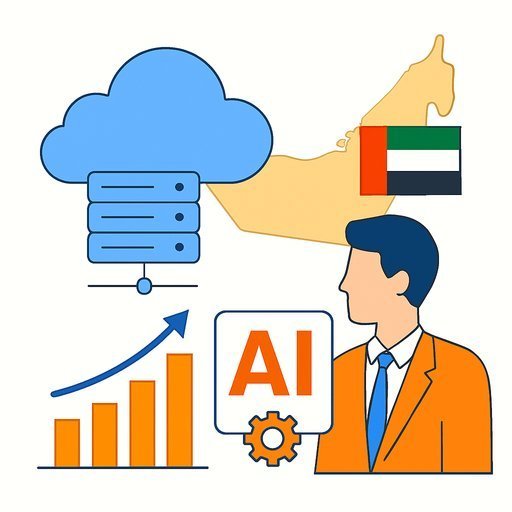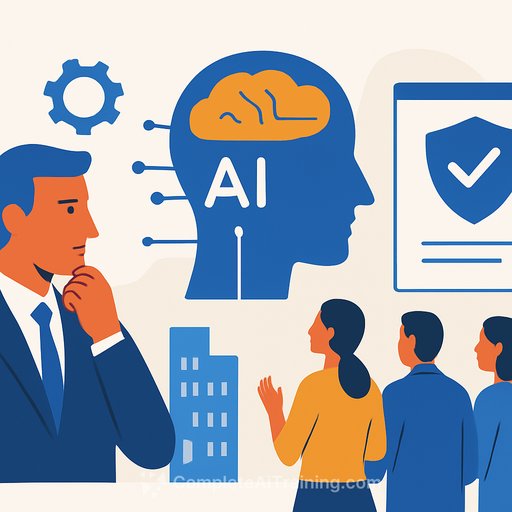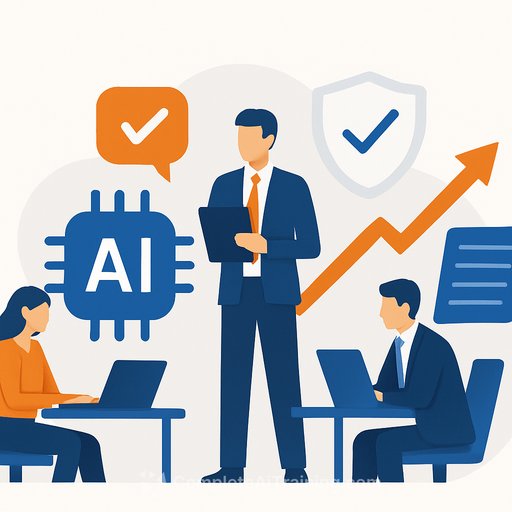As self-driving cars move from experimental technology to everyday reality, the auto insurance industry faces a fundamental shift. Traditional car insurance assumes a human driver is behind the wheel, responsible for decisions and accidents. But with artificial intelligence taking control, the entire concept of liability and risk is being redefined.
Autonomous vehicles promise safer roads by reducing human error, yet they also raise new legal questions and change who is accountable when accidents happen. This article explores how self-driving cars will affect traditional car insurance and what insurance professionals need to know about the road ahead.
Understanding Self-Driving Cars
Self-driving cars, also called autonomous or driverless vehicles, operate using a mix of sensors, GPS, and artificial intelligence to drive without direct human input. They rely on:
- Sensors such as radar, LiDAR, and cameras to detect surroundings
- GPS and detailed maps for navigation and route planning
- AI and machine learning to interpret data and make real-time driving decisions
Automation levels range from 0 (no automation) to 5 (full automation). Most current vehicles fall under Level 2 or 3, which still require some human oversight. However, companies like Tesla and Waymo are progressing toward fully autonomous cars.
Liability in Autonomous Vehicle Accidents
When a crash involves a traditional vehicle, the driver is usually liable. Autonomous vehicles complicate this because the human might not be actively controlling the car. Possible liability scenarios include:
- Manufacturer liability: Faulty hardware or software could make the manufacturer responsible.
- Software developers: Programming errors in the autonomous system may shift liability to the developers.
- Vehicle owner/operator: If a human was expected to intervene but did not, they might still share responsibility.
Assigning fault in accidents involving AI-driven decisions raises legal and ethical challenges that courts and lawmakers are still addressing.
Impact on Insurance Costs
Many experts predict that self-driving cars will lower insurance premiums over time due to fewer accidents caused by human error like distracted or impaired driving. Benefits include:
- Reduced crash frequency leading to fewer claims
- Existing safety features such as automatic braking qualifying for discounts
However, there are factors that could keep insurance costs high or increase them:
- High repair costs for complex technology
- Cybersecurity risks including hacking or data breaches
- Unclear liability regulations adding uncertainty for insurers
The near-term impact on premiums will vary as the technology and regulatory environment evolve.
How Insurance Companies Are Responding
Insurers are adjusting to autonomous vehicle technology by:
- Developing new risk models that incorporate AI and sensor data
- Partnering with automakers and tech firms to understand vehicle operations better
- Creating new policy types focused on product liability and commercial use
The industry recognizes the need to innovate to stay relevant as driverless cars become more common.
Manufacturers and Software Providers in Claims
With the shift toward autonomous vehicles, manufacturers and software companies will take on greater roles in insurance claims. This includes:
- Needing product liability insurance to cover system failures or design defects
- Potential hybrid liability models dividing responsibility among owners, manufacturers, and developers
- Bundled insurance coverage integrated with vehicle purchase or subscription services
This model moves insurance from a personal driver safeguard to a shared protection network across multiple parties.
New Types of Insurance Emerging
As self-driving cars become widespread, traditional personal auto insurance will likely be replaced or supplemented by:
- Product liability insurance for defects in design or software
- Cyber liability insurance protecting against hacking and data breaches
- Commercial fleet insurance for autonomous taxi or delivery services
- Usage-based insurance based on how and when vehicles are used rather than driver profiles
Insurance will become more technical and enterprise-focused rather than centered on individual drivers.
Legal and Regulatory Developments
The legal framework is adapting to autonomous vehicles, with trends including:
- Federal and state guidelines for safe testing and deployment, such as those from the National Highway Traffic Safety Administration
- State requirements for manufacturers to carry liability insurance
- Emerging laws about data sharing to determine fault while balancing privacy concerns
These evolving regulations will define how insurers, owners, and tech companies allocate risk and responsibility.
Self-driving cars are unlikely to eliminate car insurance altogether. Instead, they will transform it into a system that spreads liability across manufacturers, software developers, and vehicle owners. For insurance professionals, this means adapting to new risks, coverage models, and partnerships.
To stay ahead in this changing landscape, insurance experts may benefit from learning more about AI and automation technologies. Resources like Complete AI Training offer courses designed to build expertise relevant to the future of insurance and autonomous vehicles.
Your membership also unlocks:

